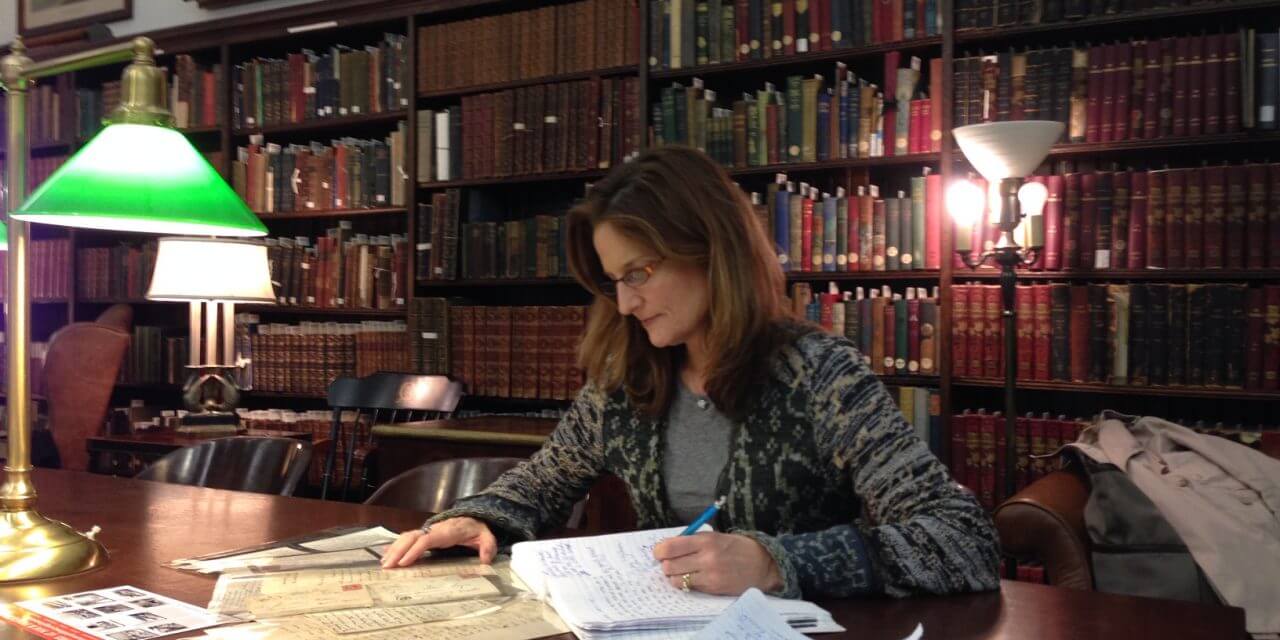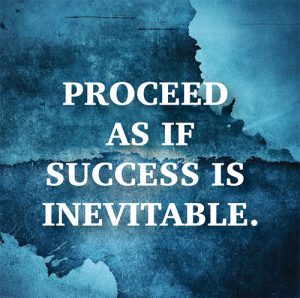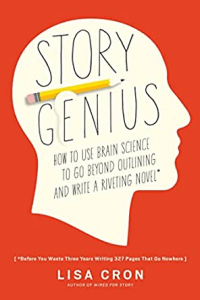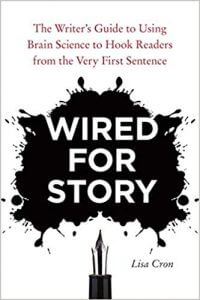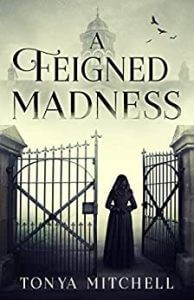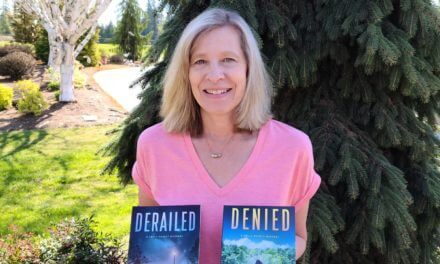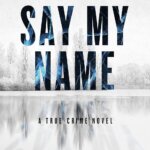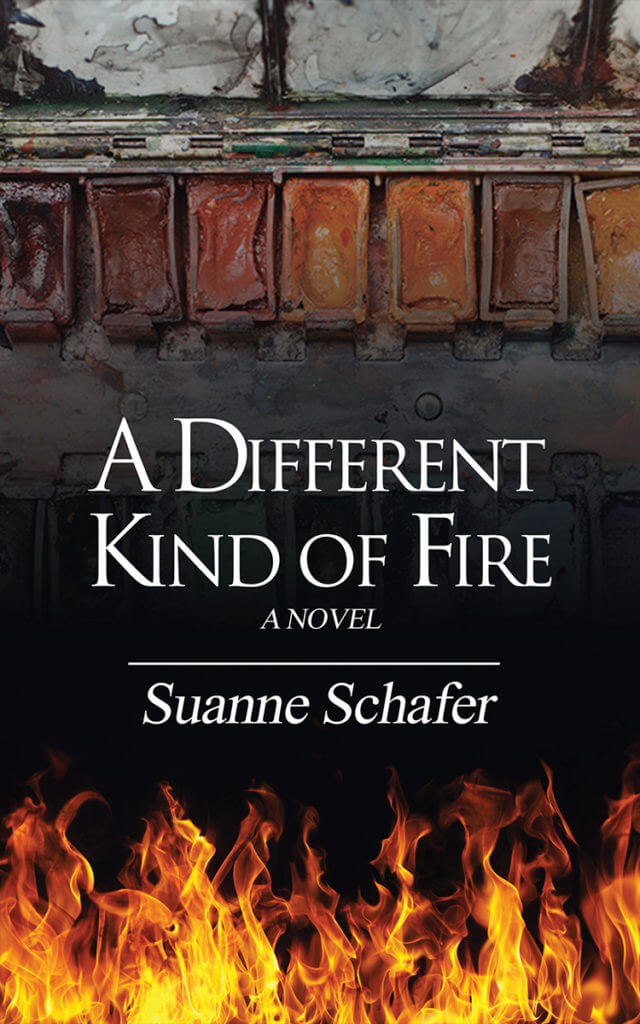Tonya Mitchell joins me today for an interview about what led to her novel, A Feigned Madness. Since reading Jane Eyre in high school, Tonya has been drawn to dark stories, particularly of the Gothic variety. Her influences include Mary Shelley, Edgar Allan Poe, and Bram Stoker. More contemporarily, she loves the work of Shirley Jackson, Agatha Christie, Victoria Holt, Margaret Atwood, and Laura Purcell. When she landed on a story about a woman who pretended to be insane in order to write a newspaper story, she knew she’d landed on something she was meant to write. Tonya received her BA in journalism from Indiana University. Her fiction has appeared in, among other publications, Glimmer and Other Stories and Poems, for which she won the Cinnamon Press award in fiction. She is a self-professed Anglophile and is obsessed with all things relating to the Victorian period. She is a member of the Historical Novel Society North America and resides in Cincinnati, Ohio with her husband and three wildly energetic sons. A Feigned Madness is her first novel.
SS: Can you share with us a bit about the moment when the idea for your novel first popped into your head? Did the idea come to you all at once, or did different pieces of the story come to you over time?
TM: I stumbled on a story online in a blog, as I recall, about ‘badass historical women.’ There were several women mentioned in the writeup. One of them was a young reporter named Nellie Bly. In 1887, for the purpose of getting a good story (and a job in New York), she faked insanity and got committed to a mental asylum for ten days. Because the article was essentially a list of brave women and their exploits, it didn’t go into Bly’s ordeal much, but I was immediately intrigued. Who was this remarkable woman? Why hadn’t I ever heard of her? I spent many months reading up on everything I could get my hands on about her, including her own firsthand account of what she experienced called Ten Days in a Mad-House. But because her story was written for a newspaper, there wasn’t anything about her in it of a personal nature. Who really was Nellie Bly? I looked for the novel and found it didn’t exist. That was when I decided to write it myself. I’d been struggling with another manuscript I hadn’t yet finished, so I decided to change course and see what I could do with Bly’s story. I wasn’t disappointed with what I found in my research. Nellie Bly is one of the most fascinating women I’ve ever read about, and it was a thrill to bring her to life, once again, in A Feigned Madness.
SS: Nellie Bly makes a bit of a cameo in my novel, A Different Kind of Fire, with her trip around the world inspiring Ruby, my heroine, and her sisters. Khaled Hosseini (The Kite Runner) feels he discovers a story rather than creates it. Are you a plotter? Or do you let the novel develop organically?
TM: In my case, I actually stumbled upon the story itself. I felt as if it had been dropped into my lap, especially since, as of 2014 when my journey with Bly first began, no one else had written the story (though there are a few more books out now). The bones of it were all there; I just had to do the research. I do tend to be a plotter, but there were murky areas in Bly’s past that presented themselves, and I took some creative license in some places, branching off from the story. So in that way, parts of the story developed organically in a way that felt very natural to me, based on Bly’s character. Those are some of the best parts of A Feigned Madness, I think—when I was able to take what was known and what wasn’t, and put them together to make a credible turn of events.
SS: Commenting on the recent TV drama, Versailles, historian Greg Jenner wrote, ‘Firstly, let’s be clear that historical dramas don’t need to be accurate. It’s nice when they are, but it’s not their purpose—drama is entertainment, not educational programming. The past was messy. Stories, however, require rigid structure. Is that something you can agree with?
TM: Yes. My editor and agent at the time told me the same. I was having some qualms about the ending, wondering how much I could alter and get away with. They both told me the number one priority with fiction—even historical—is to entertain. If you haven’t done that, what do you really have? And so I got creative. I do think, however, the authors note at the end of the book is where a writer should come clean and tell the reader where he or she has deviated from the historical record. This is different, however, from anachronisms in historical fiction. These are what all authors of historical fiction should really stay away from—whether it be language at that time, technology, or whatever. It’s one thing to make an ending more dramatic and/or satisfying, it’s another to have a character running around in an electric car in 1887.
SS: In your novel, the nineteenth century seems ripe of picking, but what fascinates you about that era?
TM: The industrial revolution was in full swing in the late 1880s, when A Feigned Madness takes place. But juxtaposed against all these marvels were women still trapped inside the confines that society had put them in—for centuries. I love to see strong female characters in that snare, finding their way, their voice, their freedom. This was Nellie Bly to a T. She wanted only to be a reporter at a time when journalism was considered exclusively a man’s field. She was having none of it. She went to extraordinary lengths to prove herself—something no man had ever had to do, and she did it with grit and bravery.
SS: I’m drawn to the nineteeth century because, with first wave feminism, it was such a turning point in women’s rights. Have you always been driven to write? Or did you begin writing in response to a particular stimulus?
TM: I told my mother when I was eight years old that I wanted to write a book. So it’s been a long-time coming. In junior high when my social studies class was doing a segment on careers, I told my teacher I wanted to be a writer. I will never forget her response: “That’s not really a good career.” I was angry at the time. Now I think Miss O’Shaunessy, with her limited world view, did me a great service because, many years later when I started writing short stories, I proved her wrong. And, yes, I realize a career has connotations of making a viable living, it’s less about that for me than a fulfilling calling. There are few things that make me as happy, as fulfilled, as writing does.
SS: Writing is undoubtedly a lonely occupation. John Green (The Fault in Our Stars) says writing is a profession for introverts who want to tell you a story but don’t want to make eye contact while doing it. P. D. James (Cover Her Face) says it’s essential for writers to enjoy their own company. Do you see yourself along those lines? Are you a natural loner?
TM: I’m an introvert with extrovert leanings, I’d say. I love solitude. I know people who can’t stand it, but for me, it’s a time to refill the tanks, so to speak. I’m not the life of the party and never will be, but I do want to be at the party, having fun alongside everyone else. And when I get tired of that—because social gatherings tend to leave me drained, I go off to read or whatever. I could never be a real loner, though. I like being around people too much—just in doses.
SS: How long have you considered yourself a writer? Did you have any formal training, or is it something you learned as you went?
TM: It took getting a few short stories published to make me feel like I was becoming a writer and yet there are still moments when I feel like I’m not. It comes and goes. Imposter syndrome rears its head often and I do my best to dispel it. Here’s the thing about writing ‘training,’ formal or otherwise: no matter what books you’ve read, degrees you earned, works you’ve published, awards you’ve won, writing is still you staring at the blank screen, figuring it out, every time you sit down to write. It’s a constant learning process. I don’t think you ever truly arrive. At the risk of sounding corny, it’s the journey that’s important, not the destination, because the journey is where all the magic happens.
SS: What’s your writing Kryptonite? What’s most likely to stop your flow of words?
TM: Imposter syndrome, which is a fancy expression for me just getting in my own way.
SS: Do you set daily writing goals? If so, what are they? How do you deal with failure to meet these goals?
TM: With A Feigned Madness, my debut novel, I wrote it slowly. I didn’t have a deadline because I didn’t yet have an agent or editor. I was teaching myself how to write a book while I was writing the book. It’s scary stuff, but that’s why it took so long—six years! Five years to sign a contract with a publisher, another year while the book was in cue. I had no writing goals, other than to finish the thing, and then revise, revise, revise with each subsequent draft. I don’t want to take another five years with the next one, so I’m putting things in place that weren’t there the first time. I now have two accountability partners, and I just purchased Scrivener which will, among other things, keep me to a strict writing schedule, as in words per day. Pray for me. I’m nervous already!
SS: Name five things you wish you’d known before you published your first novel.
TM: 1. Write when you can. Don’t feel guilty on days when you just can’t get to it. Life happens. 2. Get the developmental edit before the agent. 3. Start your author platform early, well before your book launches. 4. Find your author tribe early and commiserate losses and celebrate wins as needed (cocktails work wonderfully in either case). 5. You think writing a novel is hard? Wait until you need to find an agent/publisher/market your book!
SS: What’s something memorable you’ve heard from your readers/fans? What’s the best compliment?
TM: Hands down the best compliment is, “I didn’t want it to end.” Is there anything better than the reader falling in love with the characters so much they want to stay in that world?
SS: Is there a phrase or quote about writing you particularly like or that inspires you?
TM: I came upon a saying on the internet that, while it wasn’t specifically about writing, seemed to take me by the collar and make me pay attention: Proceed as if success is inevitable. I hung it at eye level on my office wall above my laptop. When the work ahead seemed too monumental to grasp, let alone complete, I focused on the small baby steps, with the belief that eventually I’d get there and be successful. It was a total mind game, but it worked.
SS: Are there any books on writing you find particularly useful and would recommend?
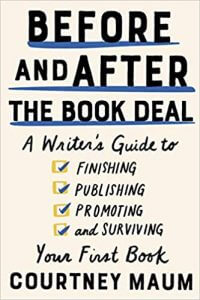
SS: Who’s your number one book boyfriend or girlfriend:
TM: Broadly, anything Austen. Specifically, Mr. Darcy.
SS: Another genre you would love to write:
TM: Fantasy, with some magic realism thrown in. Like Game of Thrones meets A Darker Shade of Magic. I know, right? Quite the turnaround from historical fiction. How fun it would be to make it all up.
********************
The insane asylum on Blackwell’s Island is a human rat trap. It is easy to get in, but once there it is impossible to get out. —Nellie Bly
Elizabeth Cochrane has a secret.
She isn’t the madwoman with amnesia the doctors and inmates at Blackwell’s Asylum think she is.
In truth, she’s working undercover for the New York World. When the managing editor refuses to hire her because she’s a woman, Elizabeth strikes a deal: in exchange for a job, she’ll impersonate a lunatic to expose a local asylum’s abuses.
When she arrives at the asylum, Elizabeth realizes she must make a decision—is she there merely to bear witness, or to intervene on behalf of the abused inmates? Can she interfere without blowing her cover? As the superintendent of the asylum grows increasingly suspicious, Elizabeth knows her scheme—and her dream of becoming a journalist in New York—is in jeopardy.
A Feigned Madness is a meticulously researched, fictionalized account of the woman who would come to be known as daredevil reporter Nellie Bly. At a time of cutthroat journalism, when newspapers battled for readers at any cost, Bly emerged as one of the first to break through the gender barrier—a woman who would, through her daring exploits, forge a trail for women fighting for their place in the world.
A Feigned Madness is available through:
Amazon US | Amazon UK | B&N | Bookshop
********************
An excerpt from A Feigned Madness:
Nurse Grupe cleared her throat, a challenge in her eyes as they locked with mine. “I said naked.”
Never in my life had I been naked in front of strangers; it was unthinkable I was expected to be now. Forty inmates looked down at the floor, too frightened to meet the nurse’s eyes. All but me were stripped bare. We stood in four rows of ten before a small tub, motionless, dispirited, and so chilled to the bone it might have been deep winter and not September. Crouched on a low stool beside the tub was an old, shriveled crone with a rag in her hands, a dingy towel slung on a chair next to her. Low evening light, filtering through the barred windows, threw diagonal slats across tile that had once been white but was now gray and bore the scars of perpetual use. Yet in that miserable gray-white room where there were only the singular tub, the rows of sinks and toilets, and the ubiquitous tile, I thought those marks signaled something else. If one were to move one’s fingers across those nicks and cracks and fissures like braille, they would tell the story of women who had borne witness to more than just bathing; they’d endured the crushing weight of hopelessness.
A muscle twitched in Nurse Grupe’s jaw; her pointy chin jutted in contempt. “For da last time, remove your clothes, else I vill strip you myself.”
Slowly, and shivering as I did so, I slipped out of my chemise and stockings and let them fall to the floor. I had already unbound my hair and so it covered my breasts, but that didn’t stop Grupe. Her eyes traveled down my body and back up again, her self-satisfied smile an indication of all that was Blackwell’s. Fewer than twenty-four hours inside the asylum, and I’d already learned an important rule: suffering was something to be brought forth and stoked continually, fed with the fi re of a hundred insults, fueled with a thousand opportunities to humiliate.
“New arrivals go first,” Grupe said, “and as you’re a stubborn little bitch, you’re first among dem.”
I stepped to the tub. The old crone’s lips parted in glee, revealing a row of rotten, tobacco-stained teeth. The two other nurses were poised at the ready on either side of the tub.
“Well, ain’t ye a prize piece for one o’ the doctors,” the crone cackled. Her smile slid from her face, and she jerked her head toward the tub. “Well, in wit ye. We ain’t got all day.”
The tub was as pitted and gray as the tile. Inside, along the bottom, a sinewy rust stain led to the drain, its hole plugged with the sawed-off end of a broomstick. It’s only a bath. I stepped into shin-high water so icy it took my breath away.
I brought my arms up to my abdomen in a futile attempt to keep warm, but the nurses were having none of it. They forced my arms to my sides and pressed me into a seated position. Icy water bit at my buttocks, thighs, and shins, my skin already turning pink. Behind me, the old nurse smacked the filthy rag against my back. The smell of the soap—a mixture of lye, ash, and animal fat—was far worse. I resisted the urge to gag as the two other nurses dropped wooden buckets in, filled them, and lifted them over me.
Freezing water rained down my head and face, shocking me into convulsive tremors the nurses rewarded with snickers. Bucket after bucket was upended over me, the water filling my mouth and eyes until there was only the blur of uniforms and the frenzied sloshing of the nurses’ efforts. My limbs throbbed. The cold was thickening my blood to sludge.
Suddenly, the dousing stopped. My head was yanked back as the crone began to soap my hair.
“Must you p-pull so?” I said, trying to keep my teeth from chattering. “It won’t be any cl-cleaner for it.” Already the surface of the water was coated with a thin layer of grease.
Nurse Grupe leaned down to me, a glint in her eyes as she watched me shiver. “Dose who complain have der heads shaved. Vould you like dat?”
“No.”
Nurse Grupe straightened, stepped back, and nodded to the crone.
She pulled me backward by my hair and pushed me down into the water so quickly that I barely knew what had happened. I flailed, legs kicking, fingers clawing at the sudden hands at my neck, my lungs burning as I lay submerged. My hair writhed around me like dark seaweed. Muffled laughter as precious air escaped my nose and mouth. Blurry faces white and rippling as they held me down.
They were going to drown me.
And no one would save me. No one.
********************
You can follow Tonya on social media here:
Website | Facebook | Instagram | Twitter
********************
This post contains Amazon Affiliate links. As an Amazon Associate, I earn a small amount from qualifying purchases.
